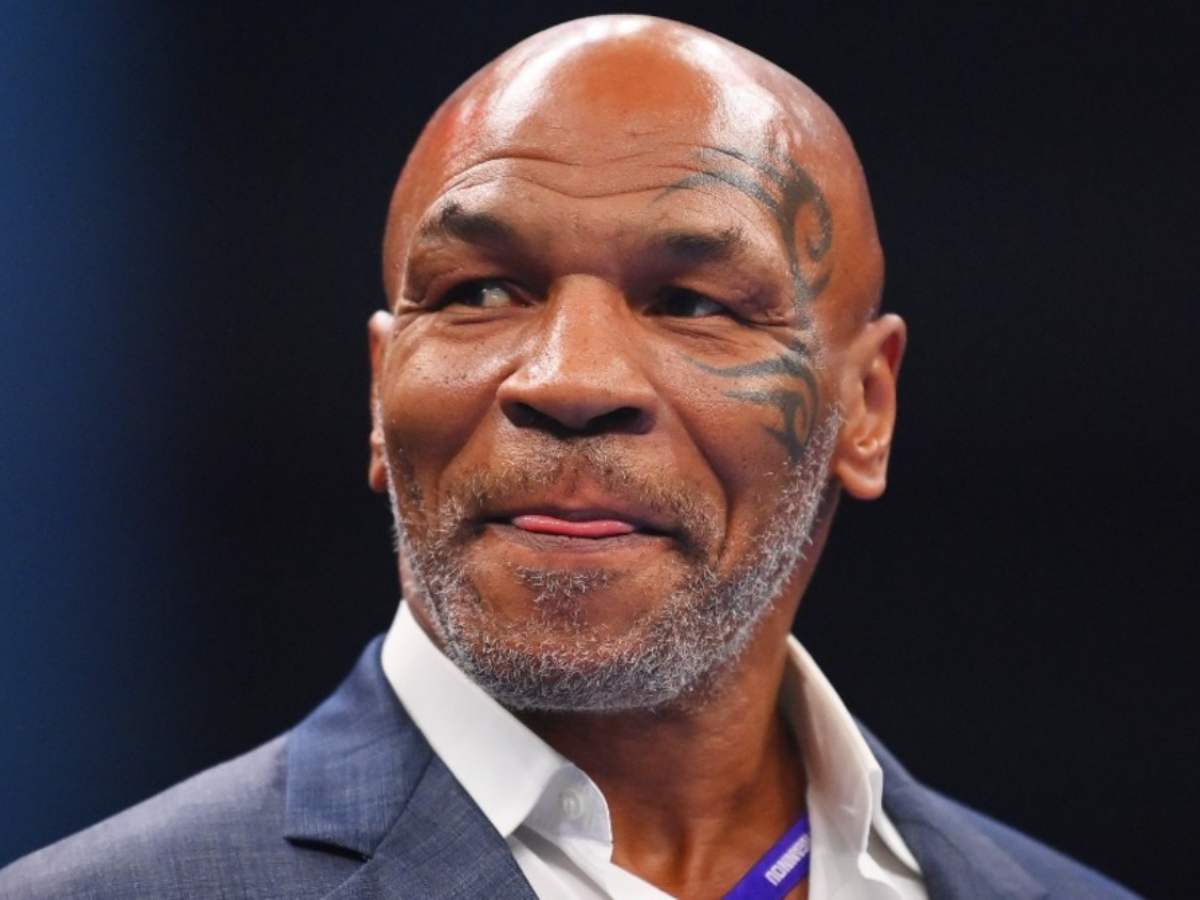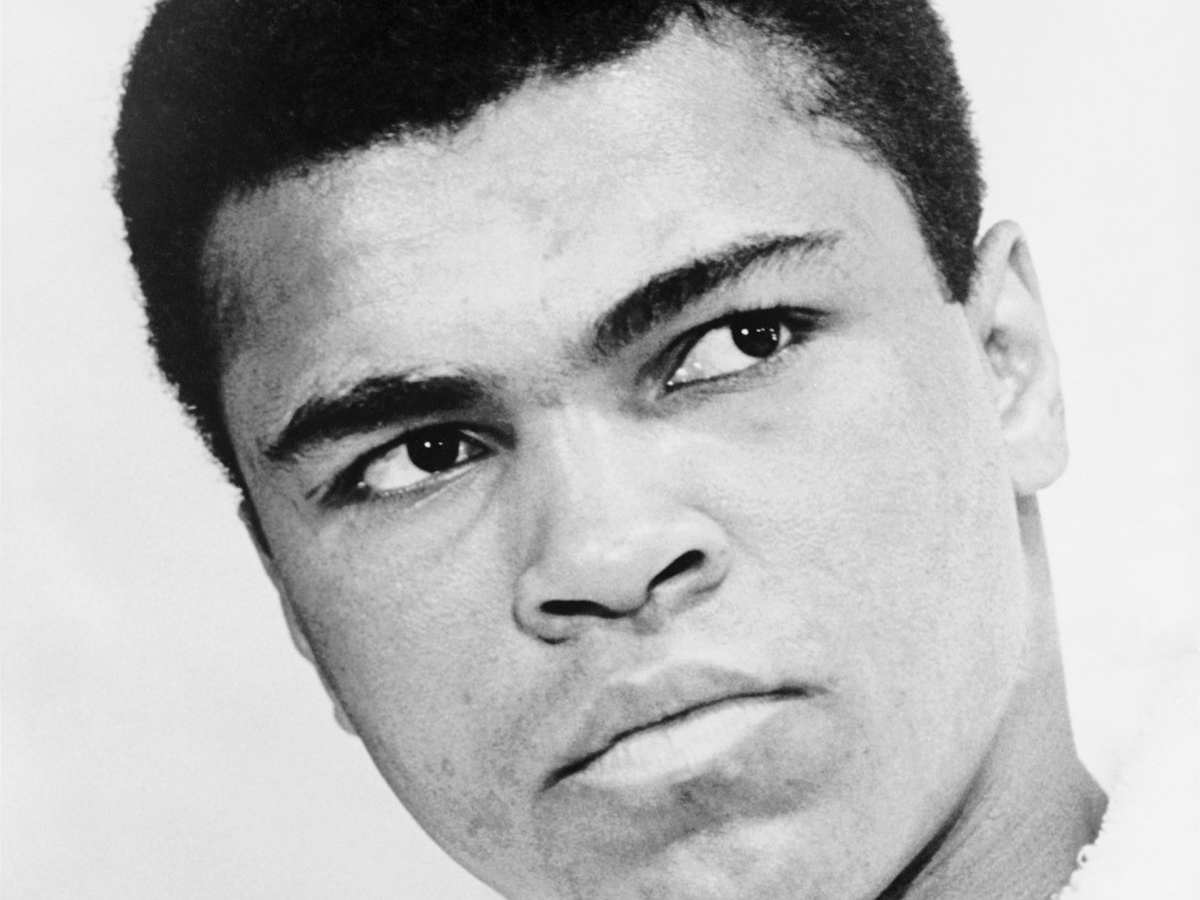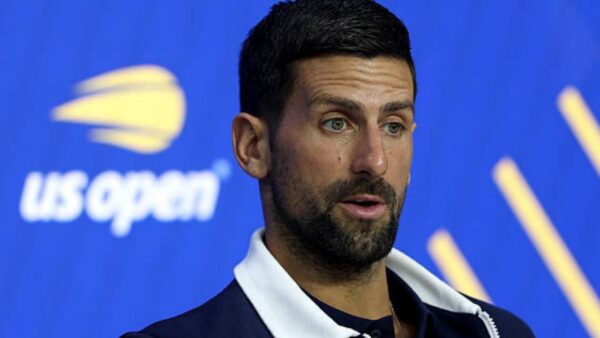“Seen Ali’s brain, I have an awesome brain” Former heavyweight champion Mike Tyson reflects on brain damage
In an episode of Hotboxin' with Mike Tyson, the former champion reflected on brain damage and spoke about his brain.

Mike Tyson (image credit- The Sun)
🔍 Explore this post with:
As a fighting sport, boxing has long links to brain damage. Furthermore, repeated head impacts across a fighter’s career can lead to serious health problems in the long run. A prime example of this is the death of Muhammad Ali, which is widely believed to have resulted from his boxing career. However, Mike Tyson called himself lucky that he never suffered brain damage.
On his Hotboxin’ with Mike Tyson podcast, ‘Iron Mike’ opened up about brain damage in the sport of boxing. Not only did he talk about brain damage in boxing, but he also talked about the effects of boxing on the brain. As such, Mike Tyson recognizes the extraordinary state of his brain compared to others. This is what Tyson stated:
Fortunately, I never got into a predicament where I had brain damage because, if you look at some boxers’ brains, I’ve seen Ali’s brain; I have such an awesome brain.Mike Tyson via YT
Even though Tyson was a dominant heavyweight champion, he was fortunate enough to retire without brain damage. Furthermore, Tyson’s stats reflect how boxing is one of the most physically demanding sports in the world. Subsequently, it is one of the most resilient and skilled sports, but it also puts athletes at risk for brain damage.
Repeated head impacts can lead to CTE, a degenerative brain disease that causes memory loss and behavioral changes. CTE can also affect a boxer years or decades after retirement, leaving them with little chance of recovery. That’s why combat athletes must consider ways to reduce brain damage so they can lead a better life.
Muhammad Ali’s brain damage
Ali, the legendary boxer, faced health challenges later in his life that were attributed to his boxing career. Ali, born Cassius Clay, was known for his agility, speed, and charisma in the ring. However, his boxing style, which involved a lot of head movement and absorbing punches, likely contributed to the health issues he faced later in life.

In particular, Ali was diagnosed with Parkinson’s disease in 1984, three years after he retired from boxing. Parkinson’s disease is a progressive neurological disorder that affects movement. Furthermore, it can cause tremors, stiffness, and difficulty with balance and coordination. At the same time, it is not possible to definitively attribute Ali’s Parkinson’s disease solely to his boxing career. However, there is a consensus among medical professionals that repeated head trauma, such as that sustained in boxing, can contribute to the development of neurological disorders.
It’s important to note that Ali continued to be active and outspoken in public despite his health challenges. He passed away on June 3, 2016, at the age of 74. His legacy in the world of boxing and his impact on civil rights continue to be remembered and celebrated.
In case you missed it!







